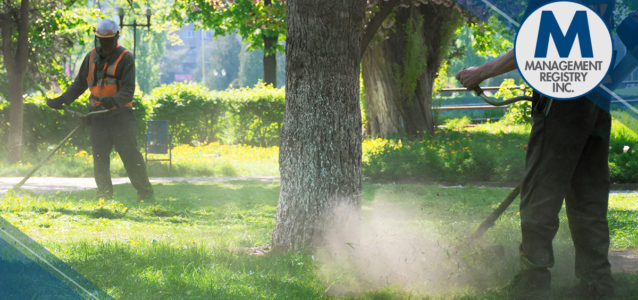
Being cooped up in an office building just isn’t for you. Instead, you prefer to work outside in the fresh air.
Overall, this is amazing, but outdoor work isn’t without its risks. Being exposed to the elements and in close proximity to all of Mother Nature’s creatures can sometimes be dangerous — if proper precautions aren’t taken.
The Centers for Disease Control and Prevention has highlighted several safety issues associated with alfresco work that need to be on your radar. Keep reading to get informed, so you can be protected.
3 Safety Concerns for Outdoor Employees
Extreme Temperatures
Depending on where you’re located, the summers might be really hot, while the winters are really cold. The CDC warns this could put you at risk for cold stress and heat stress, respectively.
Types of illnesses related to cold stress include hypothermia, frostbite, trench foot, and chilblains. To avoid these ailments, some of the CDC recommendations include wearing appropriate clothing; ensuring your ears, face, hands, and feet are protected; taking breaks in warm locations; and limiting outdoor time on extremely cold days.
As for heat-related illnesses, too much time outdoors on seriously hot days can lead to heat stroke, heat exhaustion, heat cramps, and heat rashes. The CDC offers a variety of suggestions to stay safe, including staying hydrated, limiting time in excessive heat, taking plenty of rest breaks, and acclimatizing yourself to the hot temperatures.
Sun Exposure
Chances are, you’re working outside during the window of 10 a.m. to 4 p.m., when sunlight exposure is the highest. The CDC warns this puts you at an increased risk for both sunburn and skin cancer — even on cloudy days.
It’s important to be aware of this, so you can protect yourself. A few recommendations from the CDC to help you stay safe include wearing sunscreen with a minimum of SPF 15, dressing appropriately — dark clothing with a tight weave is best — and wearing wide-brimmed hats and sunglasses with almost 100% UV protection.
Biological Hazards
From venomous snakes to poisonous plants, you can’t let your guard down when working outside. Especially pertinent to grounds workers, it’s important to learn about biological hazards common in your area, so you can easily recognize something that could cause you harm. The CDC recommends a variety of safety measures, including wearing long sleeves, long pants, boots, and gloves; making sure your tetanus shot is up-to-date; and keeping work areas as clear and clean as possible to increase visibility.
Searching for a new job that checks all your boxes? Management Registry, Inc. is here to help you find the perfect fit for your skills and interests. Contact us today to get started!

